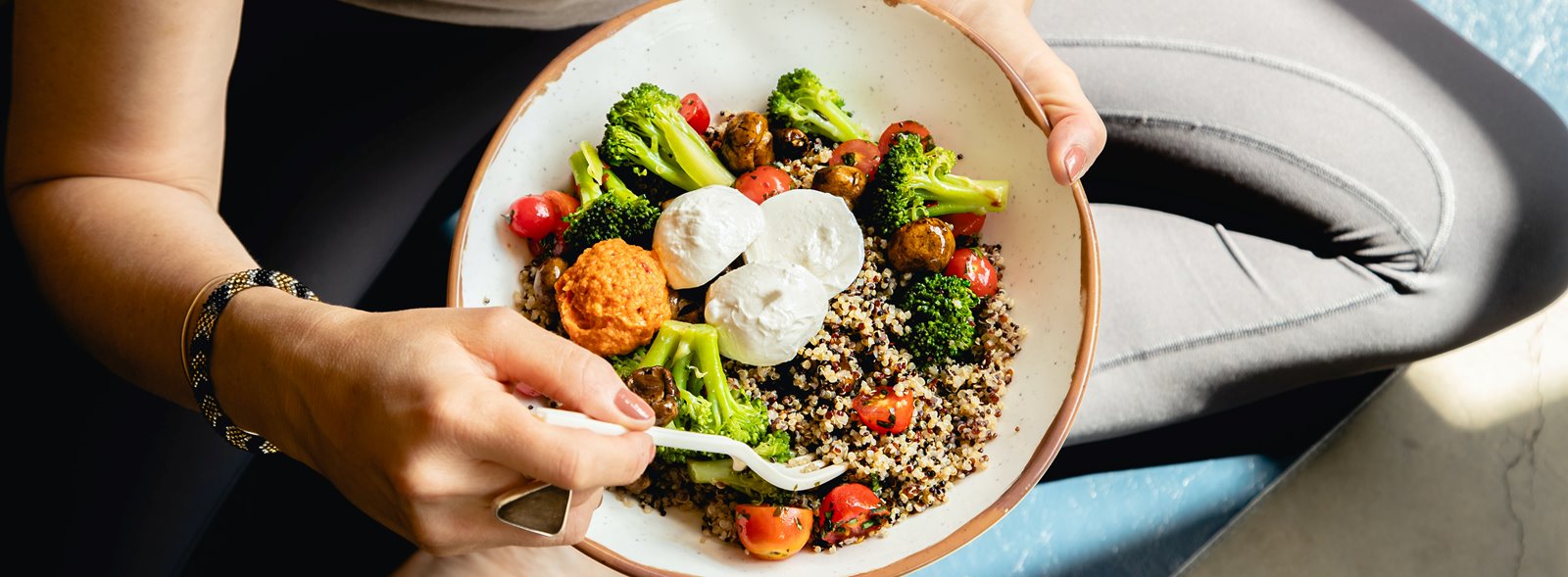Sports Nutrition for a 70.3 Distance Triathlon
A 70.3 is a fantastic event to test your endurance as an athlete. You train your body, mind and muscles but have you considered your nutrition?
These are some common sports nutrition questions I get asked as a sports dietitian and the advice I give to athletes to improve their performance and get the most out of training and the event itself.
What do I eat to support my training?
To train well and avoid injury or illness you need to feed your body the right balance of nutrients. Each of your meals should contain the following:-
Carbohydrate (for energy). The amount of energy you need for a day of training will depend on the type, intensity and length of training session you are undertaking. For example you will need less energy on a rest day or light training day compared to a day when you train twice or a long bike or run day.
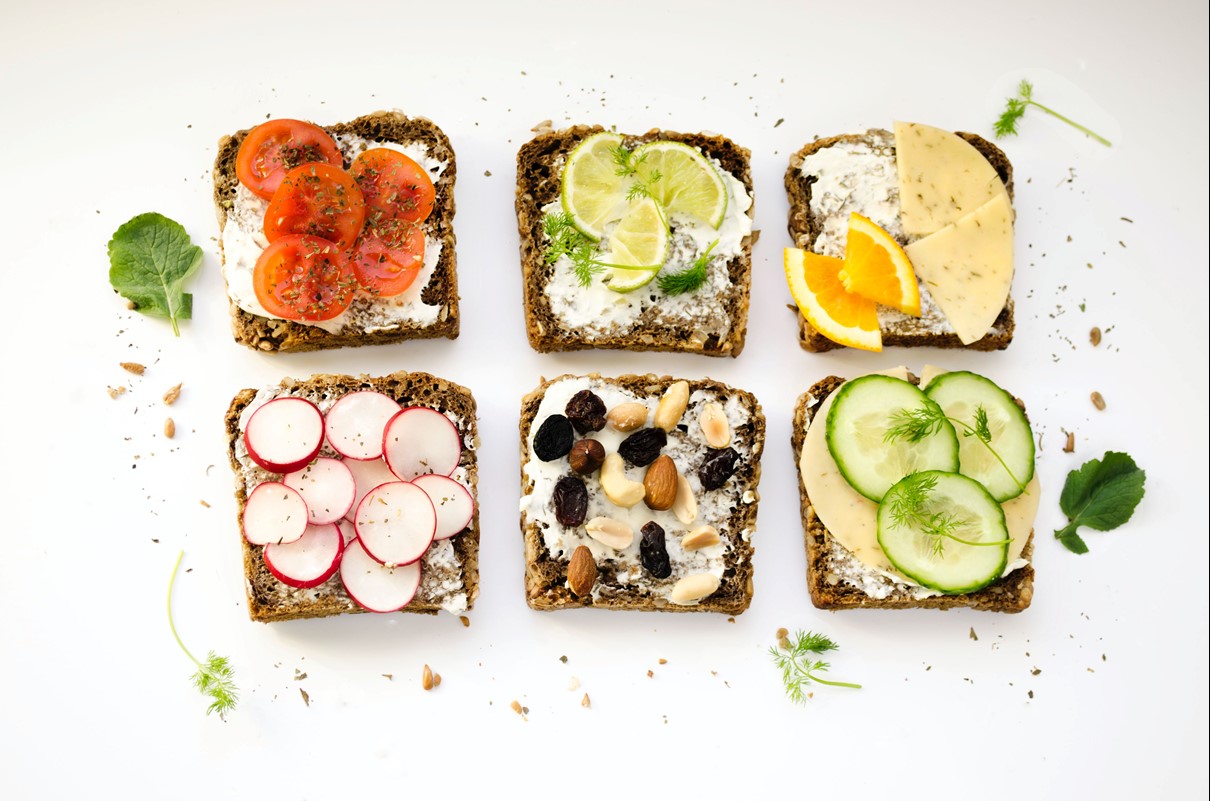
Top tip: Swap white bread, pasta and rice for granary bread, wholemeal pasta and brown rice. These types of carbohydrate fill you up more and keep your energy levels topped up throughout the day.
Protein (to repair muscles and build strength) e.g lean meat, fish, pulses and lentils, products, tofu. In comparison to carbohydrate you don't need to vary your protein intake with training. As a base aim for 20-30g protein per meal spread throughout the day.
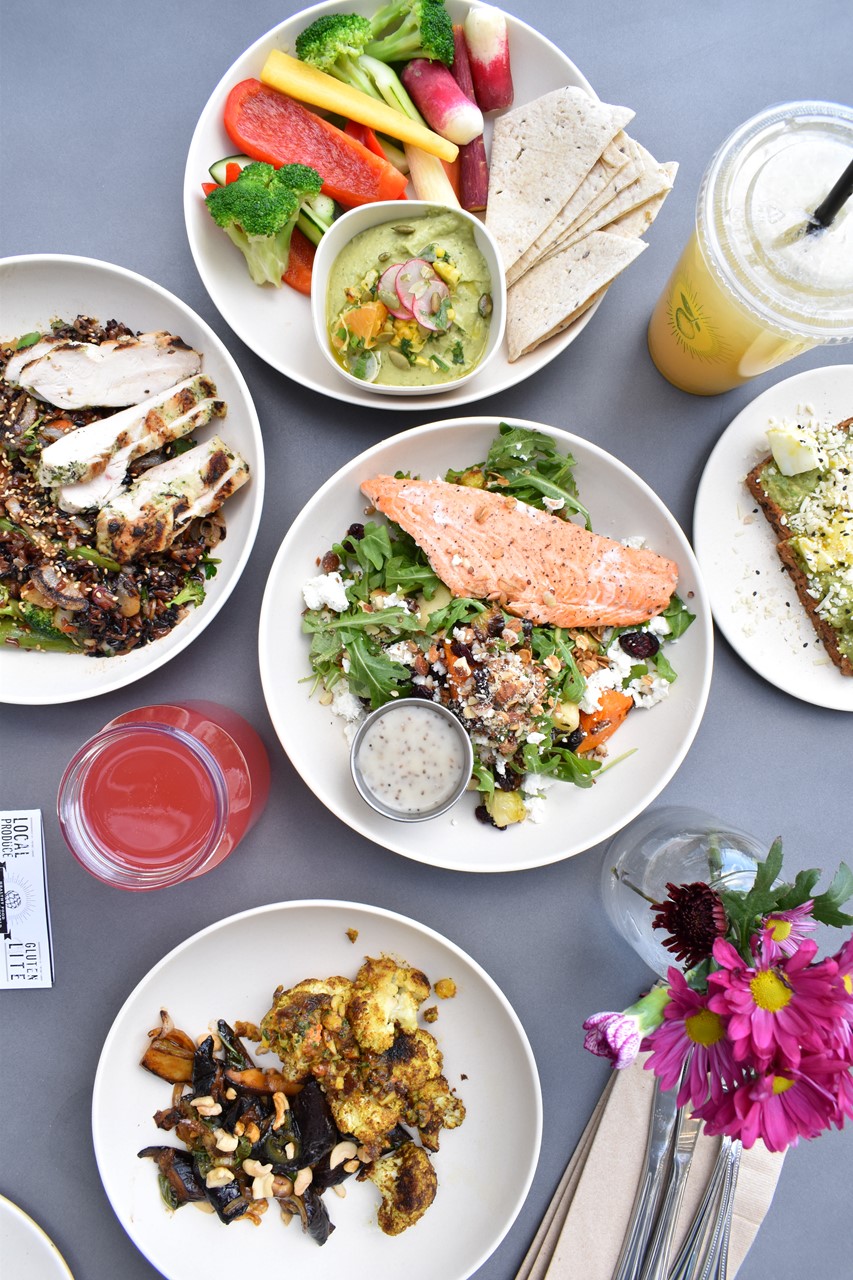
Top tip: You can get all the protein your need through your diet. Protein or recovery shakes are only needed if a meal is delayed by over 60mins after training or if the recovery period during training sessions is short for example if you train twice in one day.
Eat a rainbow! Many athletes forget about the importance of supporting their health and immunity through eating a variety of fruit and vegetables.
If you get Ill or injured you can't train so it's key to focus on this area. Look at your meals and make sure there is plenty of colour! For example add berries to your porridge or salad to your lunch and make sure at least half your plate at teatime is vegetables.
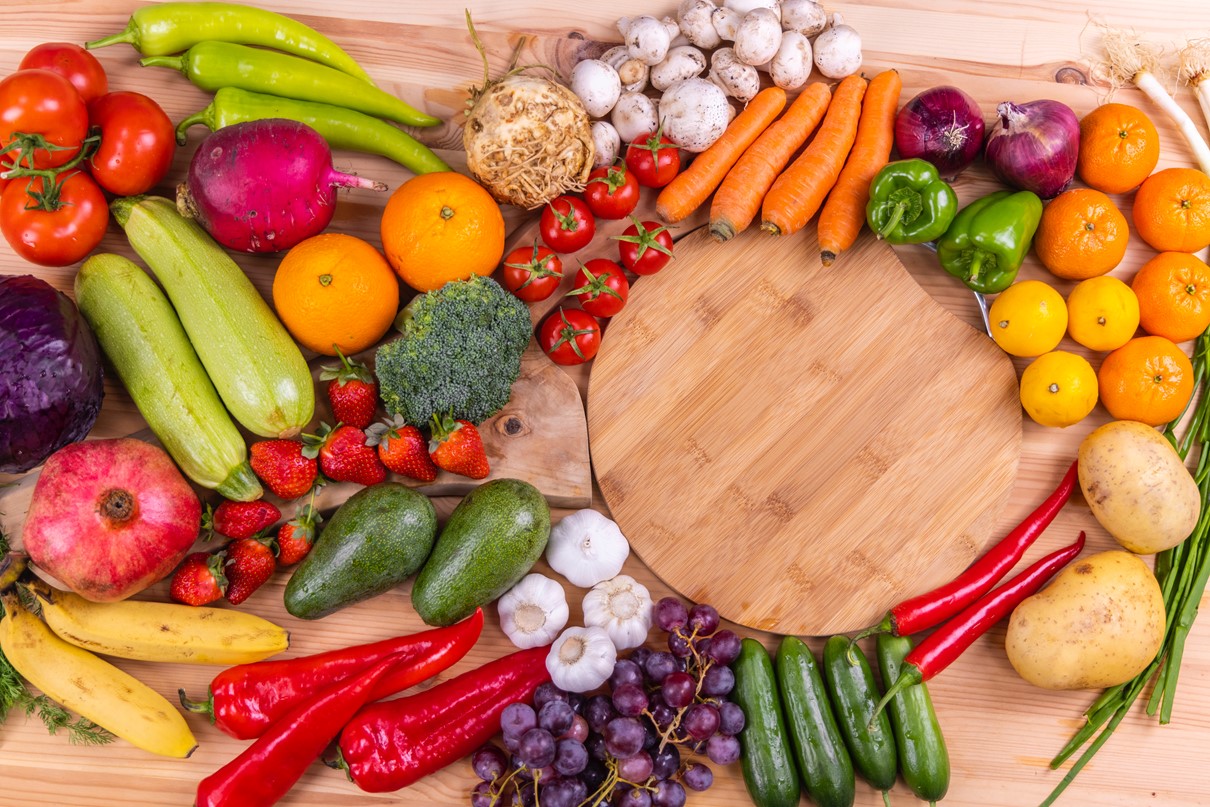
Top tip - whether you choose frozen, fresh or tinned fruit or vegetables all these are just as good and fresh and can help reduce waste and save you money!
How do I fuel as my training builds ?
- For exercise <90 mins no fuel is required (only water +/- electrolytes)
- For exercise >90 mins up to 2 hours aim for 30g carbohydrate per hour
- For exercise >2.5 hours aim for 60g carbohydrate per hour.
For a 70.3 most athletes will be aiming for 60g carbohydrate per hour to fuel longer runs or bike rides.
It is also essential to focus on hydration - a minimum of 400mls up to 750mls fluid per hour + electrolytes depending on your fluid losses and sweat rate). You can do a simple hydration assessment to work this out.
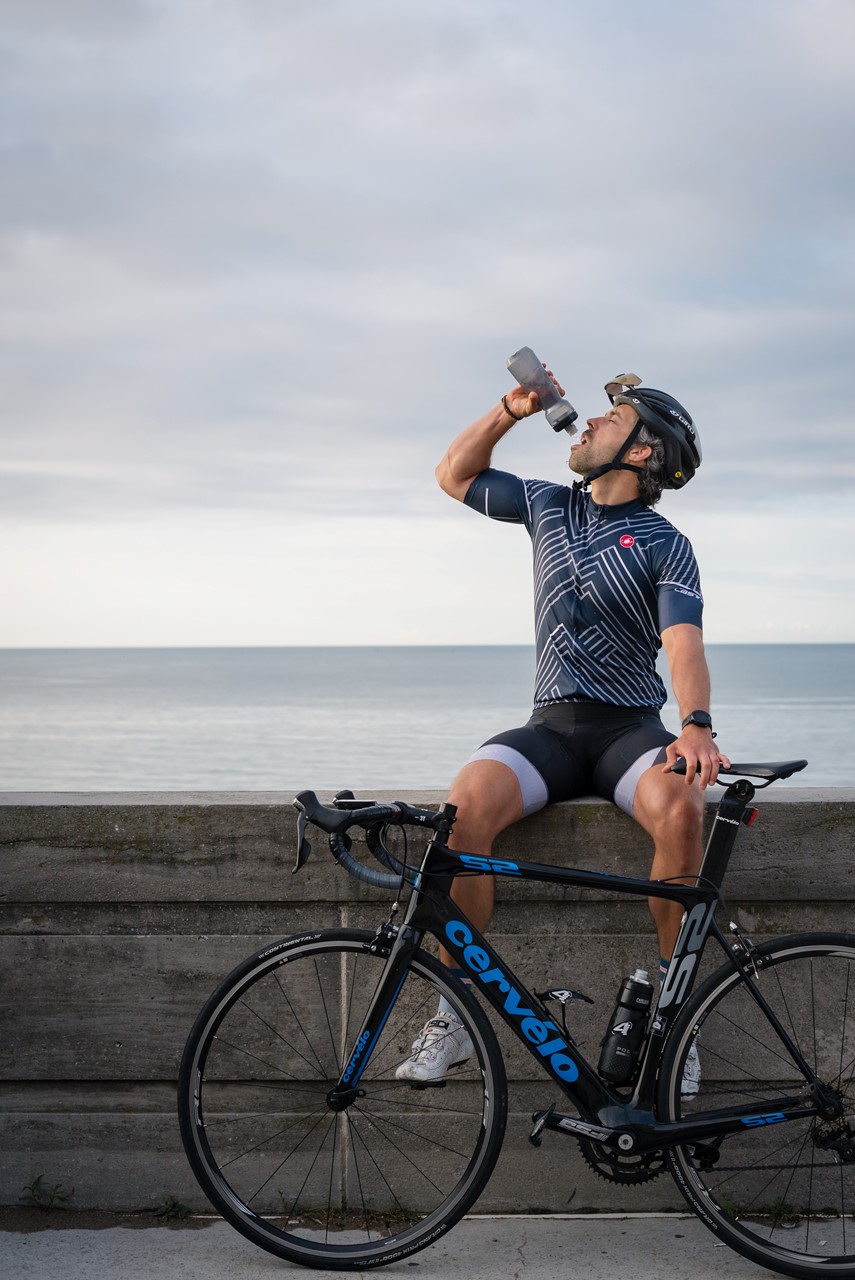
Top tip - Use a good informed sport carbohydrate and electrolyte drink. These contain carbohydrate (for energy) electrolytes to replace those lost through sweat which is key! Try to find out what the nutrition is on the event and practice using this in training.
Do I need any supplements to support my training?
You should be able to get all the vitamins and minerals you need to train effectively for a 70.3 through your diet. Vitamin and mineral Supplements will only be needed if you avoid certain foods or food groups or are diagnosed as being deficient in a particular nutrient. Other sports specific supplements that can be considered include caffeine and nitrate but always discuss the advantages / disadvantages with a sports dietitian.
Keen to receive performance nutrition support to plan for your events this year then contact me at [email protected]. Quote AWE for 10% off until end Feb 2023.

